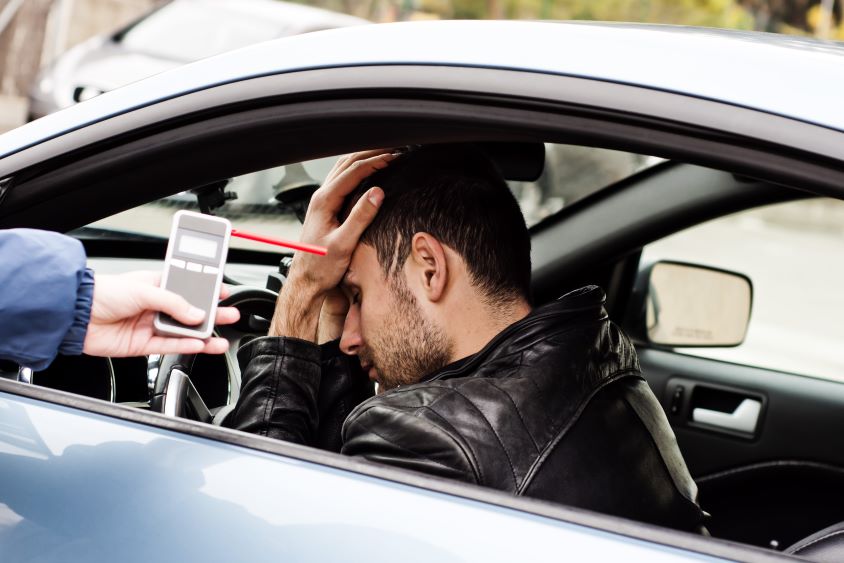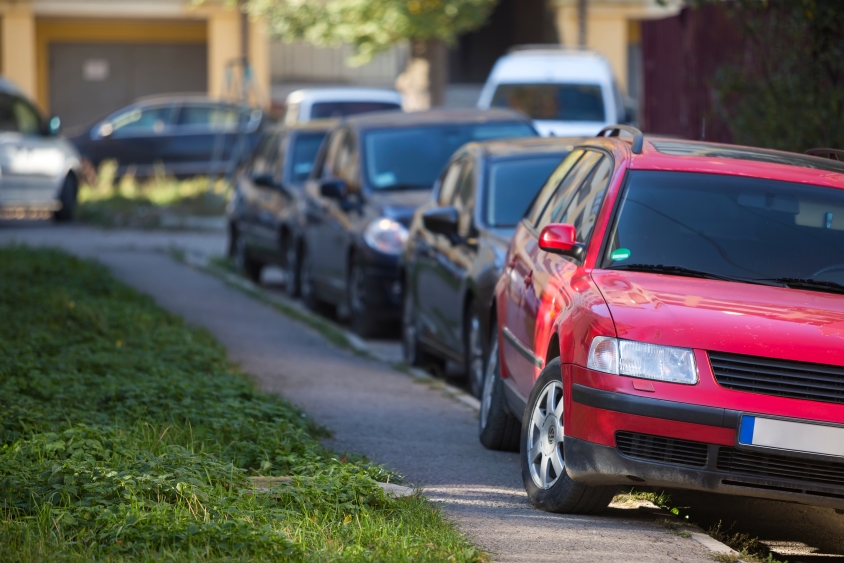Breaking down and finding yourself stranded at the side of the road is one of those nightmare
scenarios no motorist wants to end up in.
One of the best ways to avoid this unpleasant situation is to educate yourself about the biggest
causes of vehicle breakdown and how you can avoid them.
Here are three of the most common reasons why cars malfunction and some tips on how you
can stop these problems affecting you:
1. Flat or faulty battery
Most drivers will know the experience of getting in their car, turning the key in the ignition and
being greeted by complete silence. This is probably because you have a flat battery, which
means you won’t be going anywhere until the car is seen by a mechanic or another driver offers
to help you out with some jump leads.
Car batteries only last for up to five years, on average, but the battery in your vehicle might
reach the end of its life before this if:
● You leave your car unused for a while, or you only use it for short journeys
● There is a faulty component
● The charging system isn’t functioning properly
Regular servicing and maintenance can help you keep an eye on the health of your battery and
reduce your risk of breaking down.
2. Tyre and wheel damage
It’s obviously impossible to drive a car safely if there are problems with the wheels or the tyres,
and the fact these parts are in such close proximity to the ground when the vehicle is moving at
high speeds makes them particularly prone to damage.
There are many hazards on the road that can pose a threat to your tyres and wheels – potholes,
for instance, which you should always be vigilant for when driving on British roads. RAC patrols
attended more than 2,000 breakdowns that are thought to have been caused by potholes in
the fourth quarter of 2019 – 300 more than in the same period a year earlier.
Unfortunately, there isn’t much you can do about potholes except try and avoid them, but you
can take steps to maintain the health and reliability of your tyres, like inflating them to the right
pressure and making sure they have a tread depth of at least 1.6 mm.
3. Alternator problems
The alternator is another vital part of your car where power generation is concerned. Healthy
running of the engine and your vehicle’s various electrical components depends on the battery
powering the starter motor and the engine turning the alternator, which recharges the battery.
Frequent battery problems could be caused by a faulty alternator, which will eventually lead to
the battery going flat. Warning signs include:
● Dim headlights
● Slow wipers
● Flickering dashboard
● Ignition warning light coming on
If you notice any of these issues, get your car checked by a professional straight away. Taking
swift action could help you avoid a breakdown.
MyService.Expert from Fuel Card Services provides benefits and tools including typical savings
of 30 per cent on parts and labour, and access to thousands of garages across the country,
which can help you keep your car healthy and reliable.





